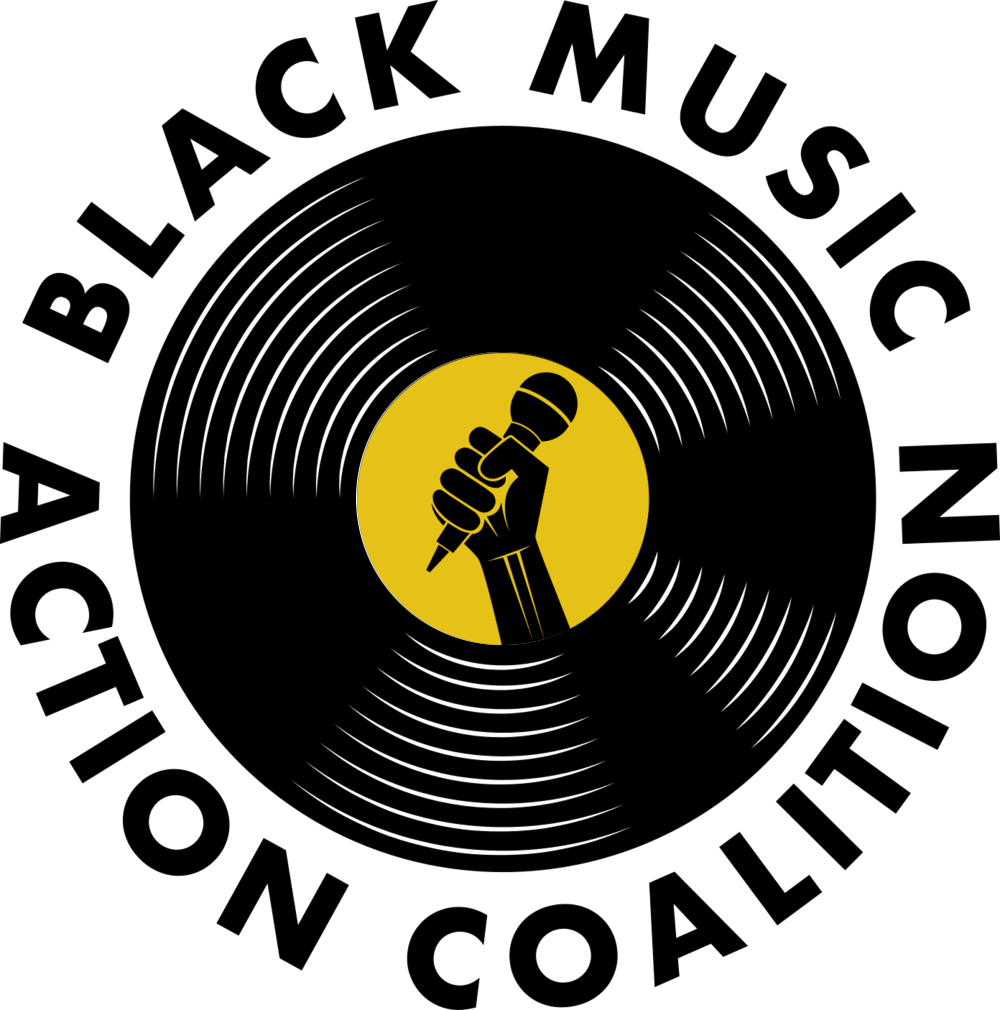BMAC is asking Music Row, the city of Nashville and it’s companies, organizations and individuals committed to change and equity in the music industry to partner with us in this transformational program for Black artists in Nashville.
Three Chords and the ACTUAL Truth Report
Music Industry Action Report Card, 2022
Music Industry Action Report Card, 2021
The Black Music Action Coalition’s inaugural Music Industry Action Report Card is a measure of accountability for public pledges and promises made in the wake of the extrajudicial murder of George Floyd and the music industry-wide observation of #TheShowMustBePaused. The call to action issued to the industry is, and has been, for Black people - executives, artists, vendors and stakeholders - to have voice, visibility, participation and ownership on par with the revenue driven by Black music and culture. The biggest barrier to making this happen has been the music industry’s long-standing practice of opacity, which hinders public responsibility and accountability. Case in point, in preparing this report, the BMAC sent a brief survey to more than 60 executives at over 20 companies. Five replies came back, three from the same corporate system. There was an additional reply that asked to stay anonymous and off-record.
Companies did a fair job of visibly amplifying Black voices and causes and putting money back into Black communities and Black organizations over the last year. However, the point is to hold companies to the task of sustained investment and change. Over the years, there’ve been a handful of studies that spoke to systematic racism, varying business practices and severe underrepresentation in the music industry, most recently from USC’s Annenberg Inclusion Initiative in June, and whether 1981 or 2021, the studies have said the same thing: the music industry does not reflect the culture it profits from.
Corporations in general, and entertainment specifically, have been overdue for a standard, public measurement of how their practices impact the Black lives, including executives, artists and the communities they come from.
BMAC’s goal is to expand this report annually, taking deeper dives into the lines of business included in this initial report, and adding more – like radio – until it represents a 360 degree view of the industry and is acknowledged and respected as a standard and official tool of accountability for the music industry.
This inaugural review focuses on the public pledges, promises and commitments made by the three major label groups, The Recording Academy, major DSPs, live music companies and talent agencies in June 2020 and the months following; and examines each company’s public actions and plans for future initiatives presented through June of 2021. In the interest of providing an objective and unbiased report, BMAC did not include information gleaned through conversations our leadership has had with various companies if it wasn’t also a matter of public record and/or shared in survey replies.
We assigned scores based on our assessment of the following areas:
1. Initial corporate statement and commitment:
• Did the promise match the company’s connection to Black culture?
• Did it suggest a true reflection of responsibility to the culture and community?
2. Company representation on a senior executive level:
• Do the decision-makers reflect the artists companies are working with?
• Are Black senior executives visible and vocal?
• Have hiring and promotion practices over the last year exhibited a commitment to genuine internal change, or does it feel superficial?
3. Execution and follow up on commitments and pledges:
• Have the companies done what they said they’d do?
• Have they executed in thoughtful ways (i.e. giving strategies and vetted partners/grantees)
4. Additional actions and/or plans that lead to sustainable, impactful change of structures and systems:
• Did the company take steps to examine and/or change business practices and/or corporate culture to create a more equitable space for Black executives, parity in salary, and fairer deals with Black artists/creators?
Overall, the report reveals that while companies took the generous and needed, but relatively easy lift of donating funds or matching employee donations - some with a devised giving strategy - few created mechanisms to tackle and change issues and systems such as talent and promotion pipelines internally, and only two labels publicly addressed some form of revisiting and revising agreements for heritage artists. The music industry is still resistant to sharing info about employee demographics, employee salary, and artist contracts and pay rates, and transparency will be the most crucial element in finally creating equity and parity within the industry, so we challenge more companies to take that next step.
The BMAC hopes the MIA Report Card will spur more conversations and efforts towards, in some cases, disruptive change.
